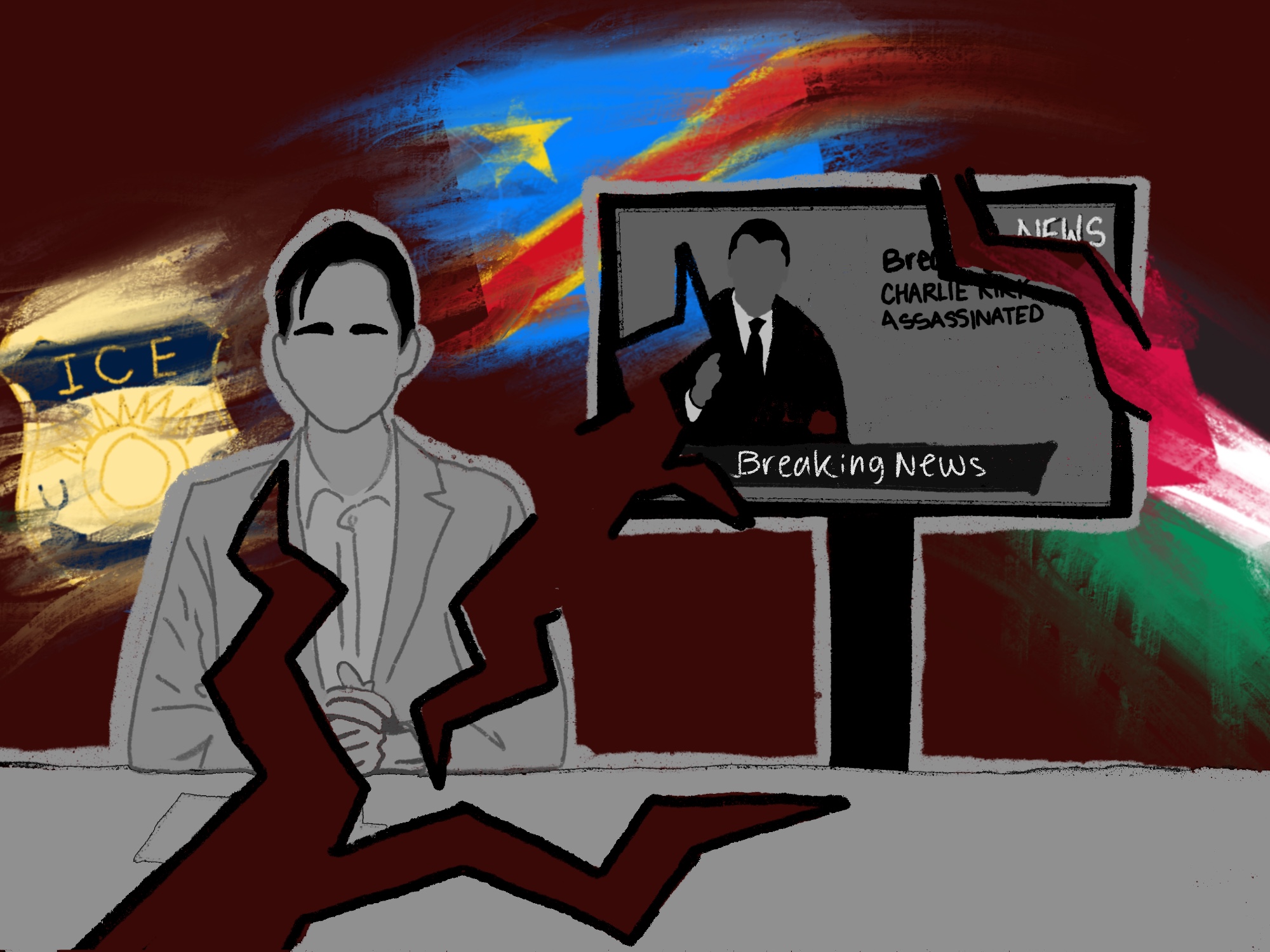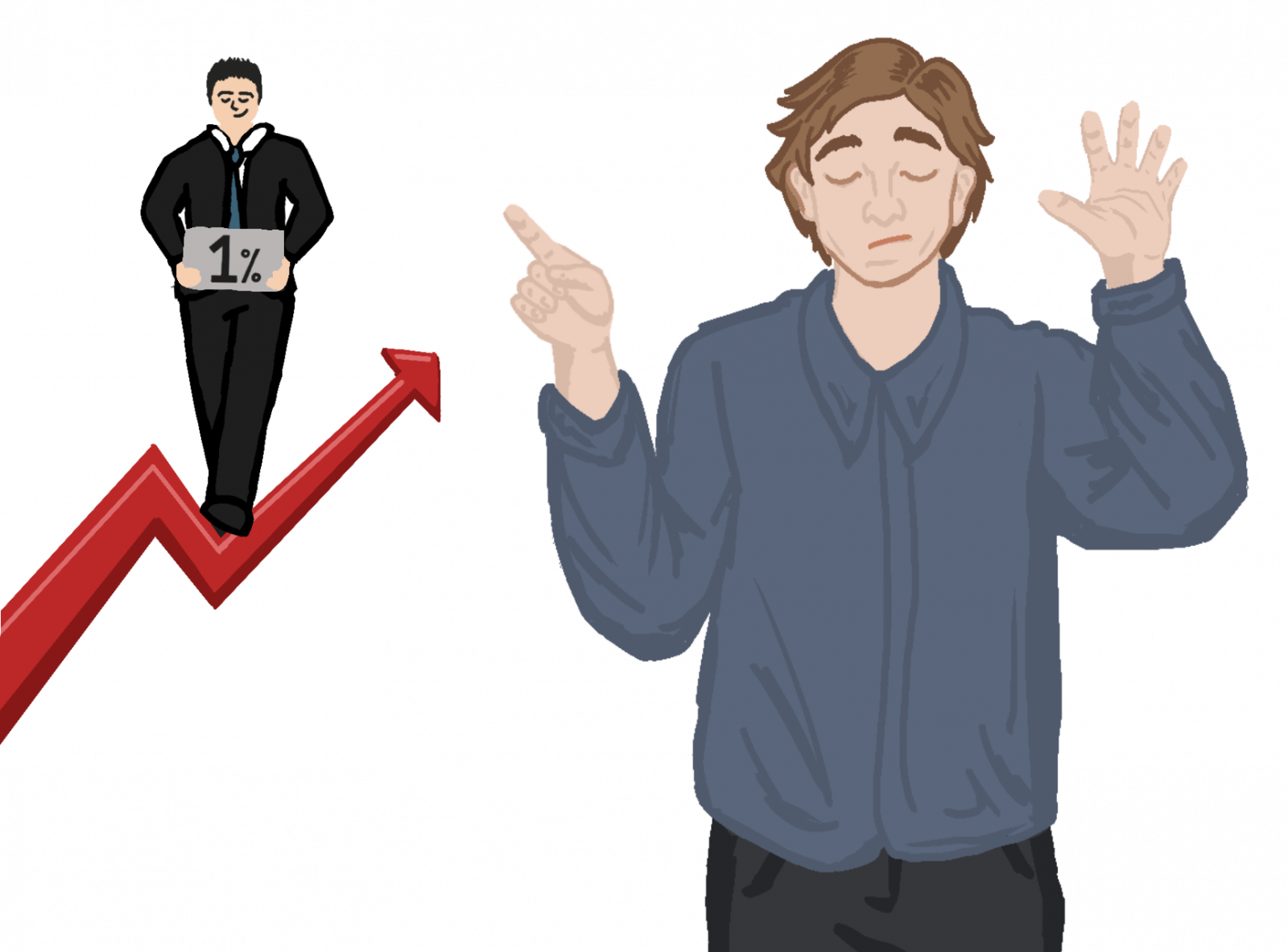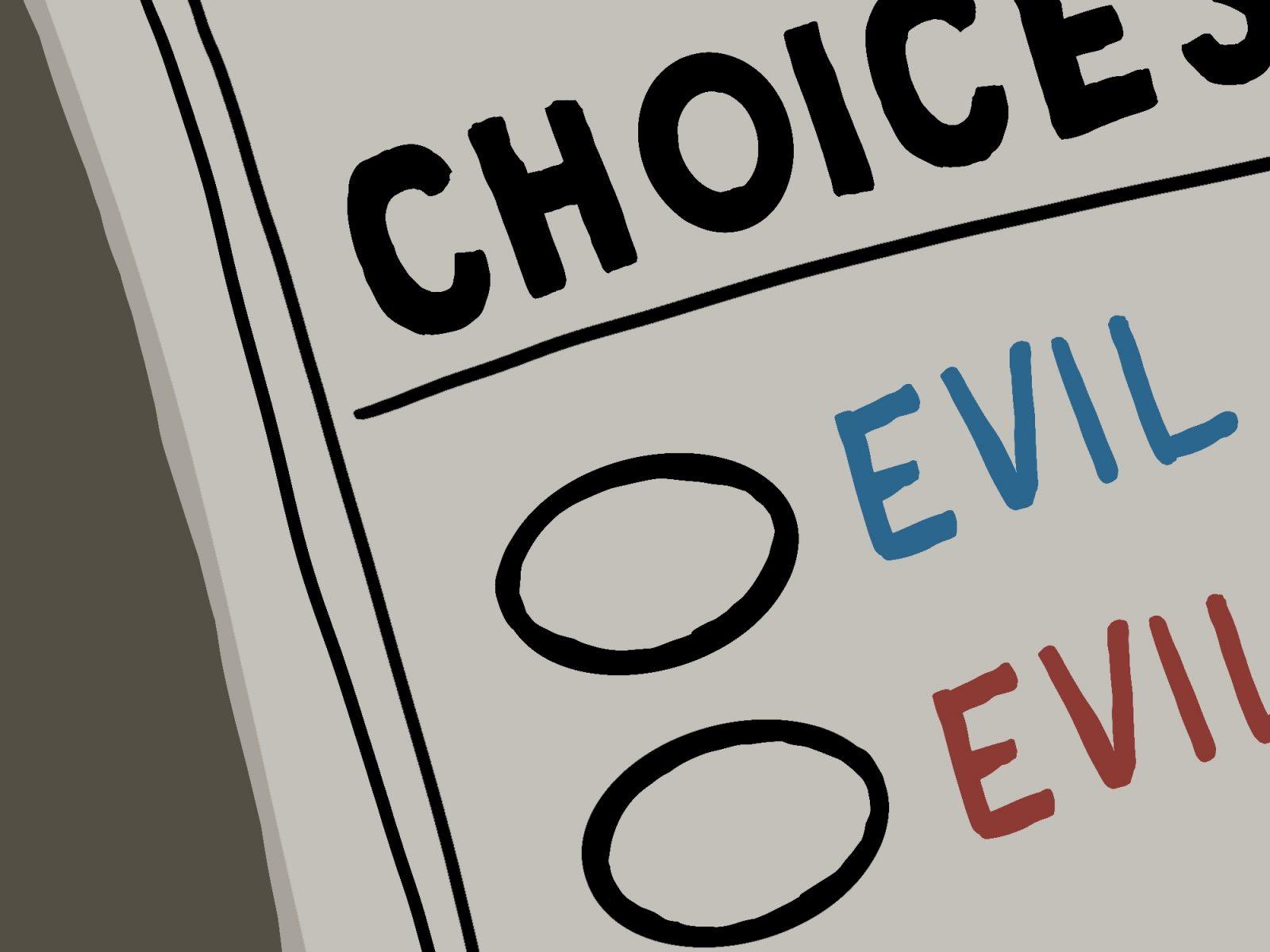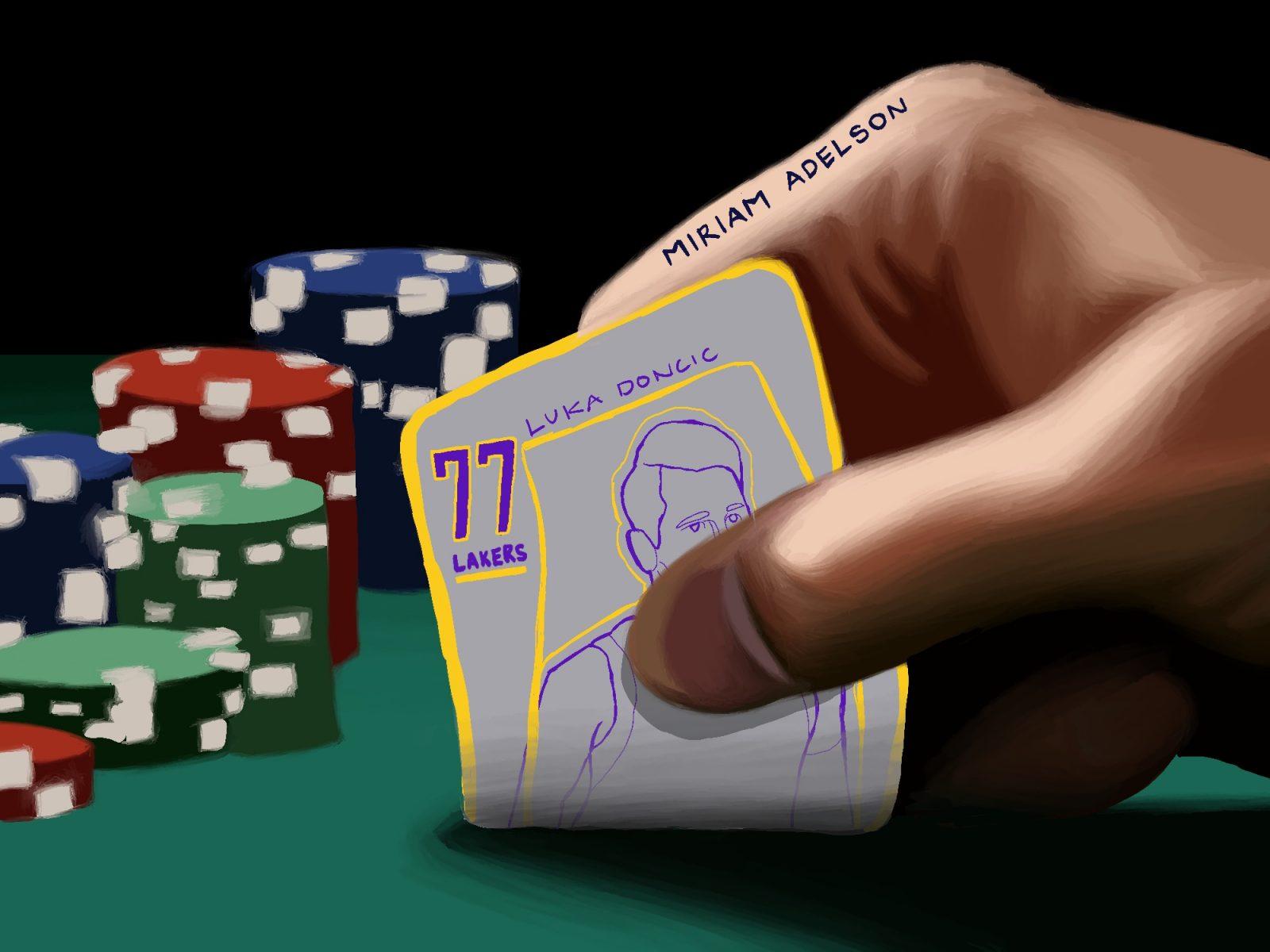Within minutes of Charlie Kirk’s assassination at Utah Valley University, the partisan landscape tripped over itself in its rush to condemn political violence.
The bourgeois media kicked into overdrive, parroting nonviolent propaganda with the rehearsed precision of a well-oiled machine. The same conference rooms selling bombs to slaughter children now climbed onto the highest horses they could find to broadcast how much they hate violence.

This is happening at a time when more than 50,000 children have reportedly been killed or injured in Gaza since October 2023, and Palestinian children are being killed by the U.S.-funded Israeli forces at a rate of more than one per hour. When Immigration and Customs Enforcement tears families apart in violent raids, separating children from parents with the bureaucratic efficiency of state terror. When cobalt mines in Congo consume child laborers to fuel our smartphones and electric vehicles.
At this precise historical moment, these warmongers and terrorists have the gall to make speeches about unity and call for peace.
We live in a society so deeply entrenched in violence that we have become numb to its daily operations. From our schools transformed into prison-like institutions, complete with metal detectors and armed guards, to our housing projects designed as monuments to systematic neglect, the United States is a fundamentally violent country.
The bourgeois forces are enacting violence on each of us daily through policies condemning millions to poverty, homelessness, and premature death. This is the central core of Marxist ideology: the recognition that our entire economic system is predicated on the organized violence of deprivation.
The ruling class has no fear or hatred of violence—they can only exist because of it. What they fear is violence turning back onto them. They fear consequences for their actions.
“The chickens,” as Malcolm X observed, “always come home to roost.”
The same politicians who authorize drone strikes that vaporize wedding parties in Yemen, who fund police departments that execute citizens in broad daylight, who craft immigration policies that separate families and consign asylum seekers to concentration camps — these architects of systematic brutality suddenly discover their moral compass when one of their ideological foot soldiers meets a violent end.
The hypocrisy is breathtaking in its brazenness. The World Food Programme reports that a total of 24.6 million people in Sudan are facing acute hunger. Yet, there are no congressional moments of silence, no wall-to-wall media coverage demanding justice, no FBI manhunts with six-figure rewards the way there are in the wake of Kirk’s death.
The violence that maintains their power structure remains invisible, sanitized behind the language of “collateral damage,” “enhanced interrogation” and “market forces.” But when that violence boomerangs back toward the perpetrators, suddenly every commentator becomes Mahatma Gandhi.
This manufactured outrage reveals something profound about how power operates in America. Violence is not inherently evil to our ruling class—it is simply a tool whose moral value depends entirely on who wields it and against whom.
When the state deploys violence to maintain order, extract resources or eliminate threats to capital, it becomes “law and order,” “national security” or “economic necessity.” When individuals respond to systematic oppression with violence, it becomes terrorism, criminality or mental illness requiring immediate condemnation and suppression.
We have constructed a political discourse so detached from historical reality that we cannot acknowledge what every serious student of social change knows: Significant transformation has rarely occurred through purely peaceful means.
The American Revolution, the abolition of slavery, the eight-hour workday, women’s suffrage, civil rights — each of these advances involved varying degrees of violence, resistance and social upheaval. Yet we have created a society so invested in the myth of peaceful progress that we cannot even discuss these realities without triggering moral panic.
The immediate rush to condemn Kirk’s assassination serves a specific function: It forecloses any examination of why such violence occurs. By transforming a political act into a purely moral failing, by reducing complex social tensions to individual pathology, the establishment protects itself from uncomfortable questions about the relationship between its policies and their consequences.
The shooter becomes a lone wolf, a disturbed individual or even a terrorist — depending on their skin color. Anything but a product of the very system rushing to condemn them.
Of course, I am not arguing for this violence, merely observing the irony and hypocrisy in how people react to these events.
When we immediately retreat to “violence is never the answer,” we create a discourse incapable of addressing the root causes that lead to explosive moments like this. We sanitize our political conversations to the point where they become meaningless theatrical performances, divorced from the material conditions that shape people’s lives and choices.
The tragedy is not just Kirk’s death, but our collective inability to have honest conversations about power, resistance and social change. By making nonviolence sacred and unquestionable, we have created a political culture that can only react to symptoms while remaining blind to causes.
Until we develop the intellectual courage to examine why violence emerges from systematic oppression, without necessarily endorsing it, we will remain trapped in cycles of crisis and empty condemnation, forever surprised when the violence we export comes home.
The ruling class understands this perfectly. They mourn their own not out of genuine opposition to violence, but out of fear that their monopoly on its legitimate use might be slipping away.
























































































































